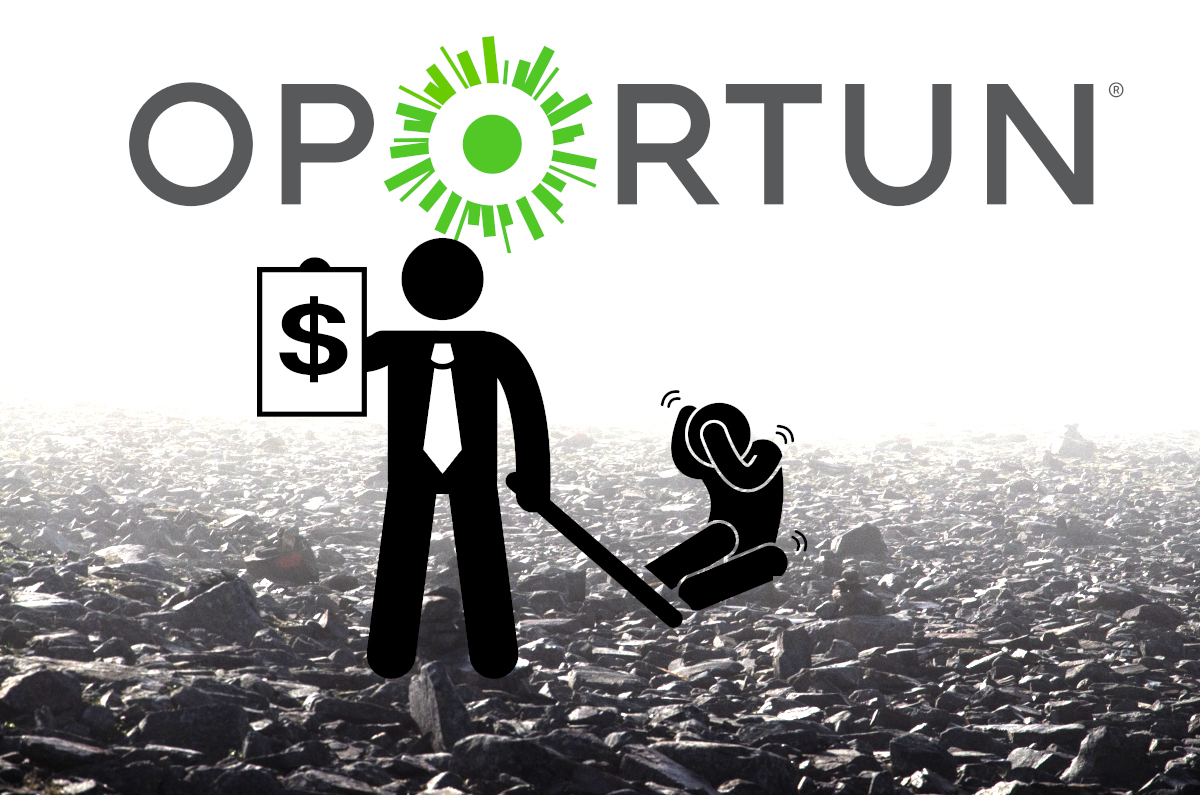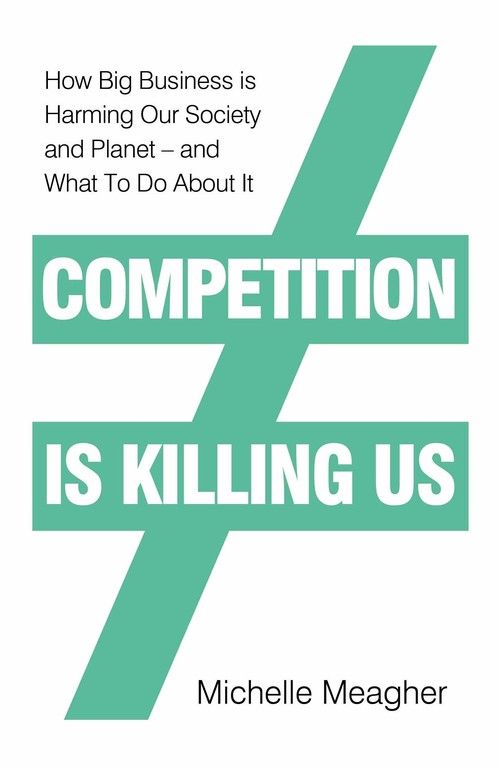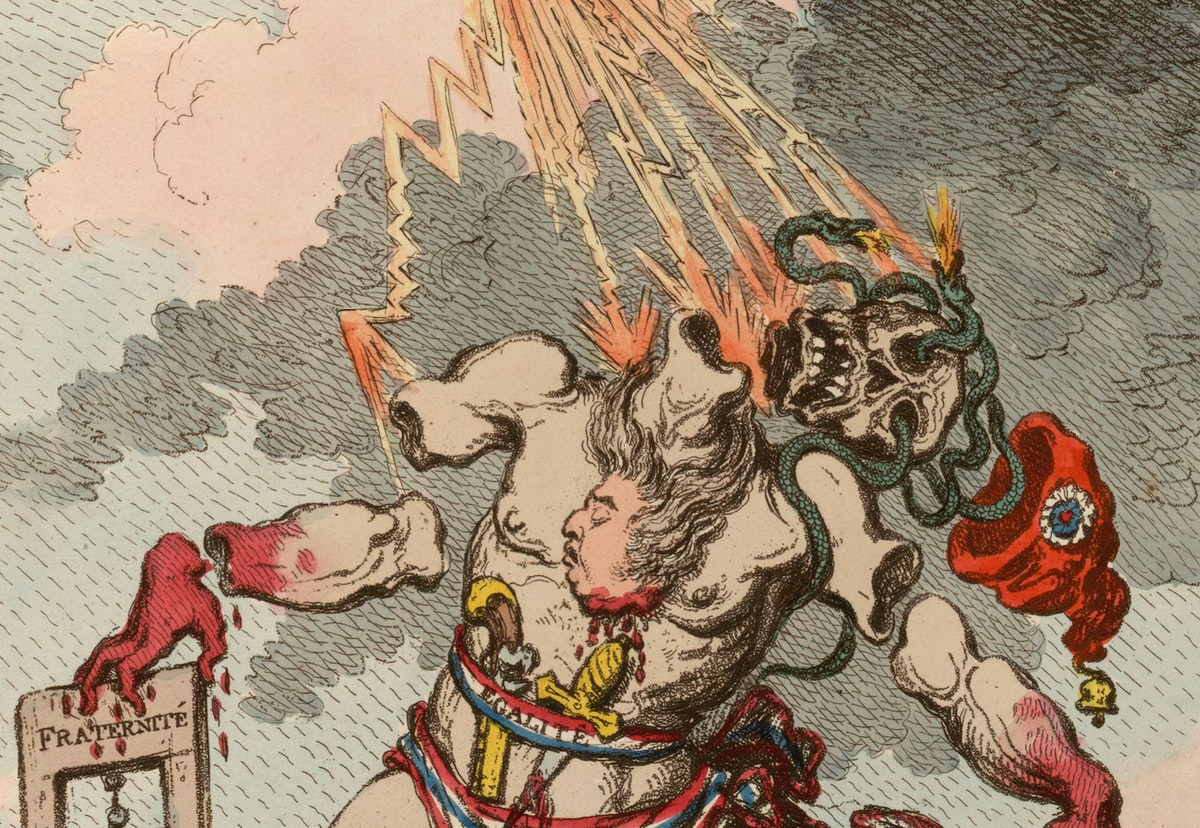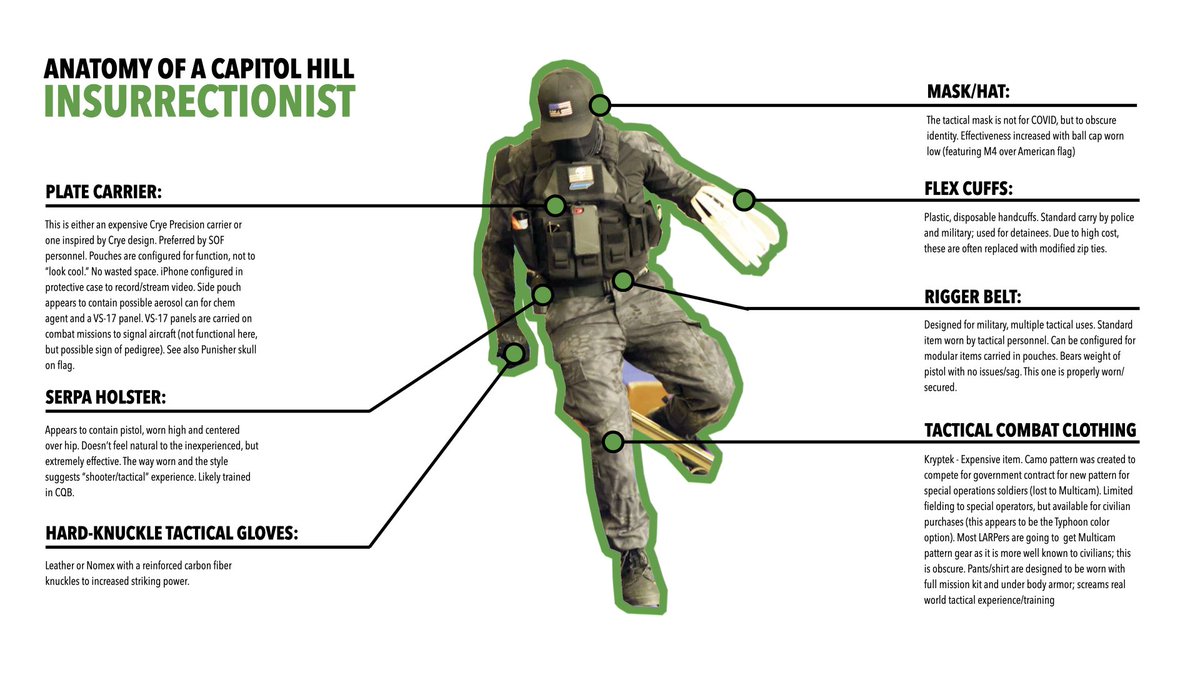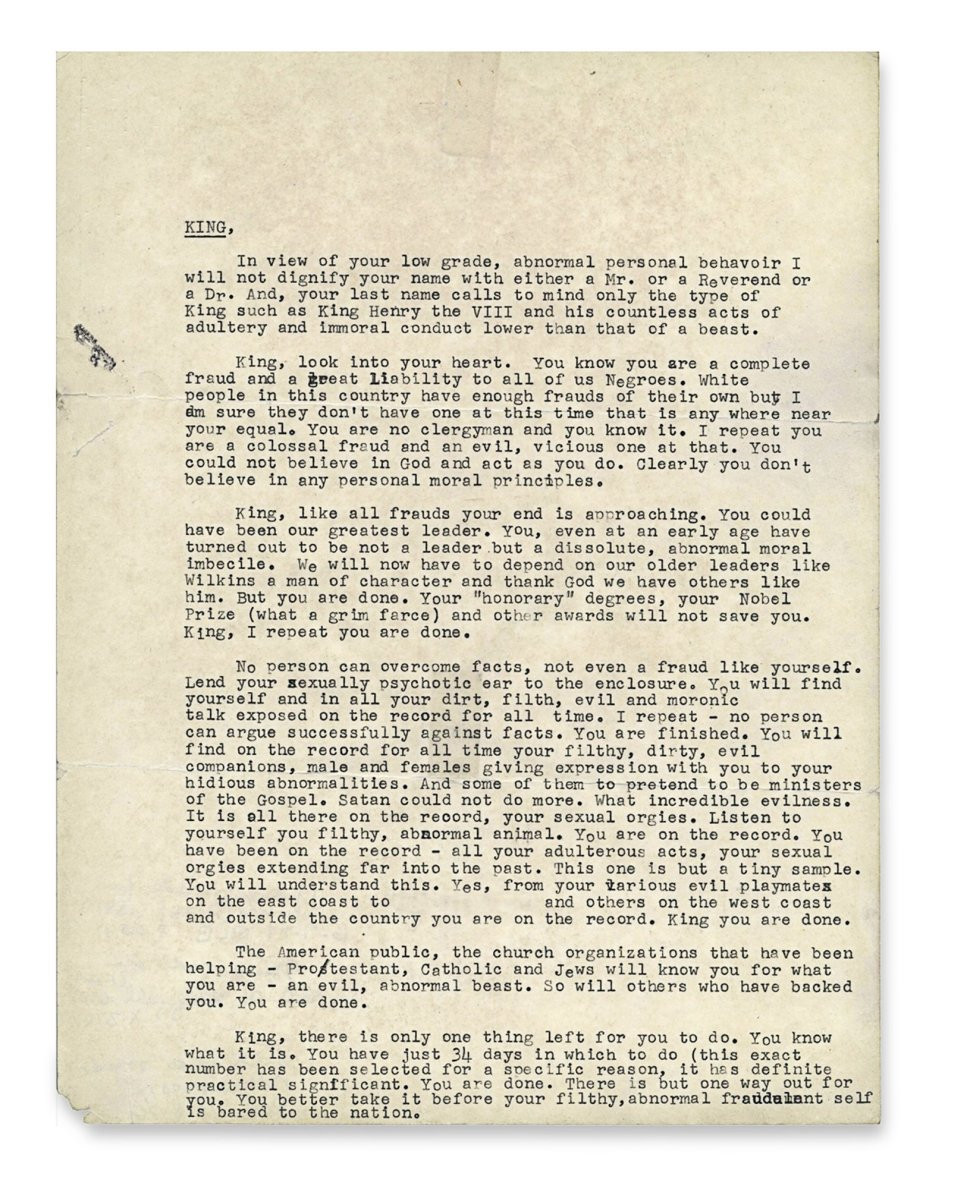
Arbitration was created to allow giant companies with equal bargaining power to settle disputes without incurring expensive court battles. So, when IBM and AT&T struck a deal, they'd agree that instead of going to court, they'd hire a neutral person to decide who was right.
1/
1/
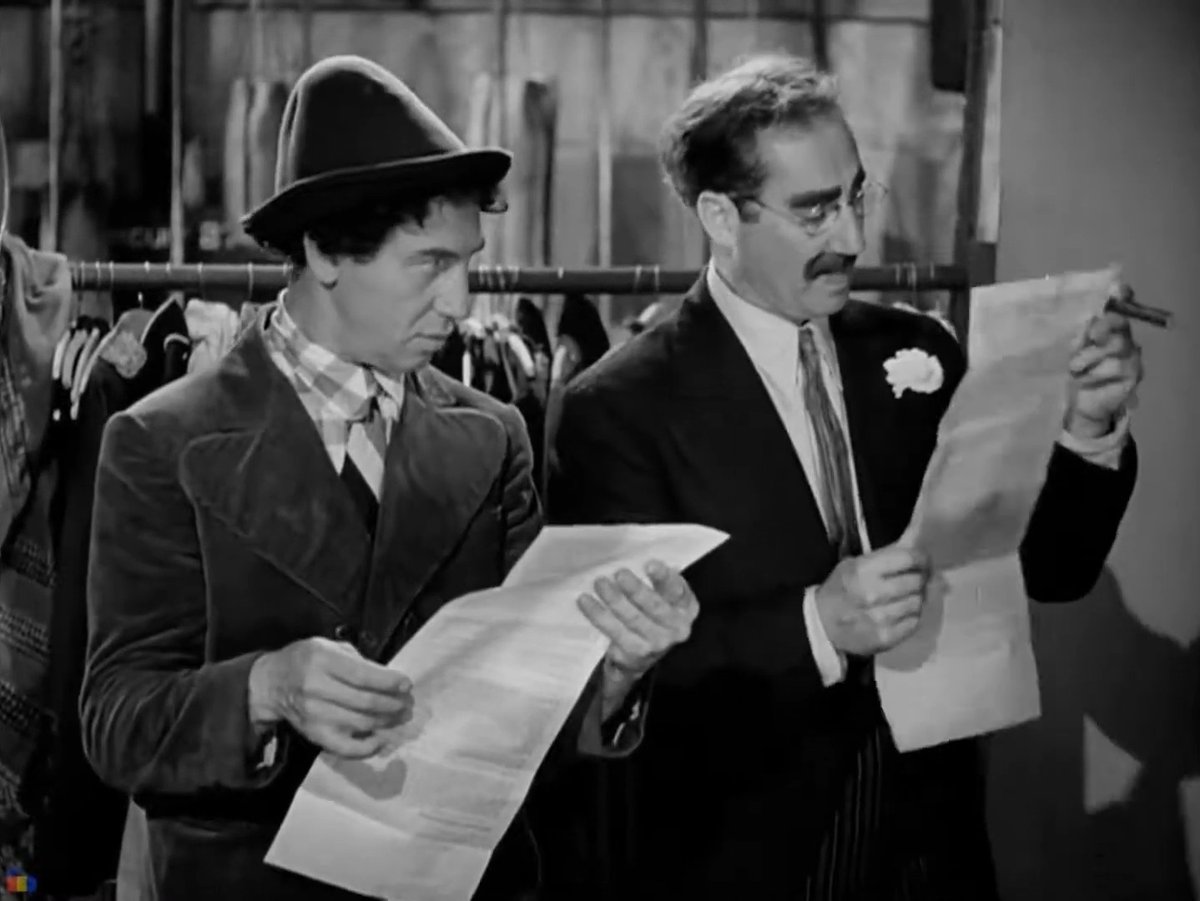
But in the 21st Century, a string of Supreme Court rulings have paved the way for "forced arbitration" - when a company tells its customers or workers that as a condition of doing business, they must give up all the legal protections that come with the right to sue.
2/
2/
Once you've been bound over to arbitration, a company can maim, cheat or murder you and your only recourse is to ask a corporate judge, on the company's payroll, to decide whether you are entitled to compensation.
3/
3/
You will not be surprised to learn that arbitrators overwhelmingly find in favor of the companies that pay their invoices.
4/
4/
We've experienced a quiet epidemic of binding arbitration. Your dentist or physiotherapist probably expects you to sign one. So does your kid's piano teacher. Your ISP. And, of course, your boss.
5/
5/
Corporate America have been plumbing the depths of this accountability-ducking get-out-of-court-free card for years, sneaking arbitration into terms of service and other documents no one ever, ever (ever) reads.
6/
6/
But, at last, we've found the bottom of this pit of despair. Massachusetts's highest court has ruled that a small-print notice that says, "By signing up you agree to the terms and conditions" does not constitute an agreement to arbitrate disputes.
arstechnica.com/tech-policy/20…
7/
arstechnica.com/tech-policy/20…
7/
The case concerns Christopher Kauders, who is blind and was illegally denied rides by Uber drivers. Uber's arbitration waiver forces riders to concede to the fiction that drivers are independent contractors, so Uber said Kauders needed to sue the drivers, not Uber.
8/
8/
The court rejected this theory because Uber didn't force Kauders to go to the page with the Terms and Conditions (that no one ever, ever, ever reads) before clicking "I agree."
And yes, that is a VERY small win, but seriously, at least we've found the bottom.
9/
And yes, that is a VERY small win, but seriously, at least we've found the bottom.
9/
One of Lenny Bruce's most famous bits is "Eat, Sleep and Crap," which identifies the origin of civilization in the creation of agreements:
cellar.org/showthread.php…
10/
cellar.org/showthread.php…
10/
"Let's see. I tell you what we'll do. We'll have a vote. We'll sleep in Area A. Is that cool?"
"OK, good."
"We'll eat in Area B. Good?"
"Good."
"We'll throw a crap in area C. Good?"
11/
"OK, good."
"We'll eat in Area B. Good?"
"Good."
"We'll throw a crap in area C. Good?"
11/
The idea that we negotiate the rules by which we conduct our affairs - rather than having them crammed down our throats - is the cornerstone of what it means to be in a free society.
12/
12/
Democratically elected legislators create the rules by which we live: you can't sell poison as food, or maim people through negligence or malice.
13/
13/
Binding arbitration yanks those rules out from under us: "By being stupid enough to click this link, you agree that I'm allowed to come over to your house, punch your grandmother, wear your underwear, make long distance calls and eat all the food in your fridge."
14/
14/
The normalization of binding arbitration - the normalization of surrendering your legal rights in favor of a corporate judge who always sides with the house - is a grotesque, slow-motion train wreck for the very idea of a free and just society.
eof/
eof/
• • •
Missing some Tweet in this thread? You can try to
force a refresh


